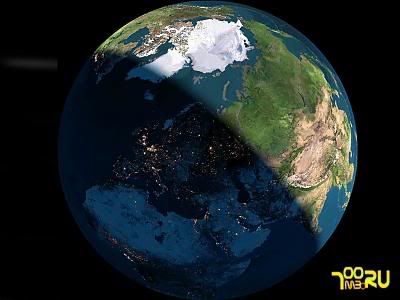India, Iran and the nuclear challenge

A look from another angle at the issue of nuclear research and Iran, together with interesting and very relevant background.
India Sides with the U.S. in the illegal pressure on Iran
IN THE next few weeks, the Manmohan Singh Government will face its second major test on the Iranian nuclear front. For the United States and its European allies appear determined to refer Teheran to the United Nations Security Council for pursuing a civilian nuclear energy programme in defiance of Washington's diktats. The provocation for the latest western hysteria is Iran's decision to conduct research experiments on uranium conversion and other aspects of the civilian nuclear fuel cycle. These experiments are taking place in facilities that are fully safeguarded by the International Atomic Energy Agency (IAEA). Moreover, these activities are in no way prohibited under either the Nuclear Non-proliferation Treaty (NPT) or Iran's Safeguards Agreement with the IAEA, published by the Agency as Infcirc 214.
Under the Safeguards Agreement, Iran is obliged to accept safeguards "on all source or special fissionable material in all peaceful nuclear activities ... for the exclusive purpose of verifying that such material is not diverted to nuclear weapons or other nuclear explosive devices." On its part, the IAEA has "the right and obligation" to ensure that safeguards are applied on all such activities "for the exclusive purpose of verifying that such material is not diverted to nuclear weapons or other nuclear explosive devices."
Over the years, Iran (like South Korea, Taiwan, Egypt and a few other countries) had failed to report to the IAEA — and hence ensure safeguards upon — a number of nuclear-related transactions and activities. These instances were thoroughly investigated by the Agency's inspectors and the relevant files on these closed. Thus in his report to the IAEA Board of Governors on September 2, 2005, Director General Mohammed el-Baradei noted that "all the declared nuclear material in Iran has been accounted for, and therefore such material is not diverted to prohibited activities." Dr. el-Baradei said, however, that the IAEA was not yet in a position to conclude that there were no "undeclared" nuclear activities taking place in Iran — an obligation that stems not from the safeguards agreement but only from the Additional Protocol that Iran said it would voluntarily adhere to in 2003.
Despite this finding, the Board of Governors — acting under the pressure of the U.S. and the E-3 — voted on September 24 last year to find Iran in non-compliance with its safeguards agreement in the context of article XIIC of the IAEA Statute. Conveniently overlooked was the fact that article XIIC, as well as articles 18 and 19 of Infcirc 214, define non-compliance essentially as diversion of safeguarded material for prohibited purposes, something Dr. el-Baradei had explicitly ruled out.
Read on. . . .



0 Comments:
Post a Comment
<< Home